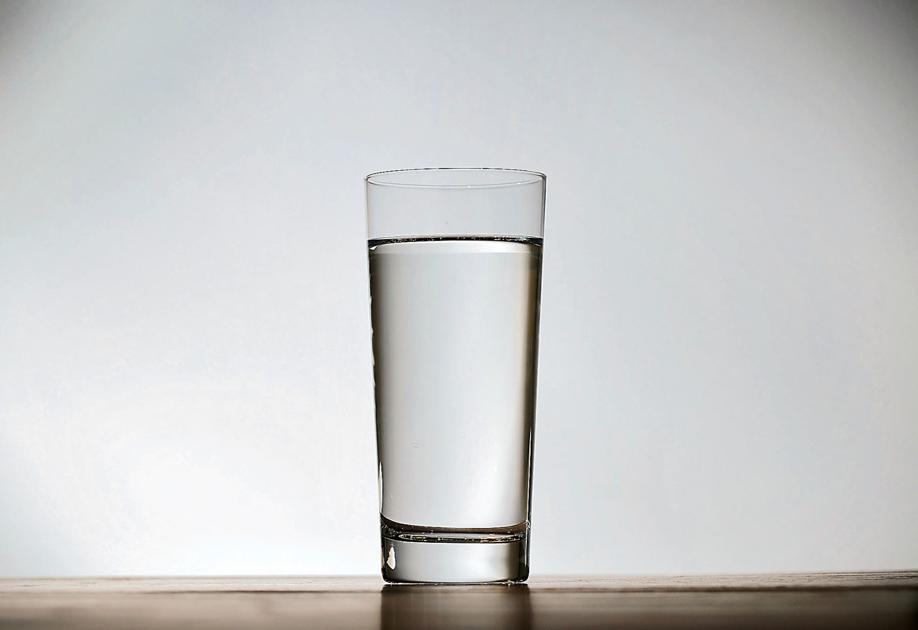It’s that time of year again, when our weather forecasters talk about the number of days with high temperatures of 90 or greater. The amount of moisture in the air around us stays at or above the “muggy” level most of the time.
But internally, four in 10 aging amateurs are chronically short on fluid intake. And that shortfall increases risks for falls (probably due to effects on balance and mental focus) and infections (most often in the urinary tract, but also in the lungs).
Just last week, researchers from the CDC reported on the tripling in deaths from falls among those over age 75 in the U.S. in the last 16 years. And it isn’t just because there are more folks living longer. The rate of fatal falls more than doubled. Chronic dehydration can contribute to fatigue, low blood pressure and constipation. It produces extra stress on the cardiovascular system and may even increase levels of inflammation in our bodies, elevating risks for chronic disease. Research has shown that the loss of as little as 2 percent to 3 percent of body fluid can cause physical and thinking impairment.
We know that the signals that tell us that we need to drink, the sense of thirst, tend to get less strong as we age. For that reason, most of us need to drink more than we think we need. The simplest way to evaluate how well you are doing with hydration is to look at your urine. If it is pale yellow or nearly colorless, you are probably well-hydrated. If it is dark yellow, you are probably under-hydrated.
Be aware that some vitamins and medications can discolor the urine and make it difficult or impossible to use this simple observation.
Do we all need the eight, 8-ounce cups of water a day? The quick answer is no, because we get some water in fruits, vegetables, soups and beverages that are mostly water like milk, coffee and tea. The 64 ounces-a-day recommendation includes water in all forms. But even that needs to be increased in times of heavy heat stress and exercise.
I’m sure you have recognized that drinking caffeinated beverages tends to increase urination. According to the American College of Sports Medicine, this “does not interfere with hydration in people who habitually drink moderate amounts of caffeine.”
And for even better news for coffee drinkers, a brand-new study of nearly 400,000 coffee drinkers in the UK (1 to 8 cups a day) found that they were less likely to die from any cause over a 10-year study period than those who didn’t drink coffee. The protective effect held for ground or instant, caffeinated or decaffeinated coffee. Drinking alcohol, however, does tend to increase risk for dehydration.
Here are some other suggestions for preventing dehydration:
1. If you don’t like plain water, add a little flavor from fruits, vegetables or herbs. Gently squeeze a few pieces of your favorite flavoring agent, add them to a pitcher of water and refrigerate for at least a couple of hours. Drinking the infused water may make you feel like you’re visiting a fancy hotel and it won’t add unnecessary sugar or calories.
2. Keep your water visible. Carry a water bottle with you when you go out and leave some of your infused water out of the fridge on a prominent counter. Since balance can be shaky when we first get out of bed in the morning, keep a glass of water on the nightstand and drink it before you get up.
3. Make it a habit to drink a glass of water before each meal. I use this suggestion especially for anyone trying to lose weight, but it is a good habit for everyone to develop. The water obviously helps hydration but also stretches the stomach just a bit, sending a signal to our brains that we’ve eaten something. That pre-load with no calories tends to make us feel full a little sooner and eat fewer calories. Consider also making it a habit to have another glass of water before your morning or evening walk, yard work or other exercise, especially this time of the year.
4. Respect the heat. Plan physical activity for the coolest parts of the day. Wear light-colored, loose-fitting clothing, sunscreen and an open-weave, broad-brimmed hat if you are out in the heat of the day. The symptoms of dehydration and heat illness are essentially the same. So stop what you are doing and get into an air-conditioned space if you develop headache, dizziness, confusion or trouble with coordination in hot weather. Seek medical attention if getting into the cool and drinking cool water don’t make your symptoms go away quickly.
As the watch commander on “Hill Street Blues” used to say: “Be careful out there!”
